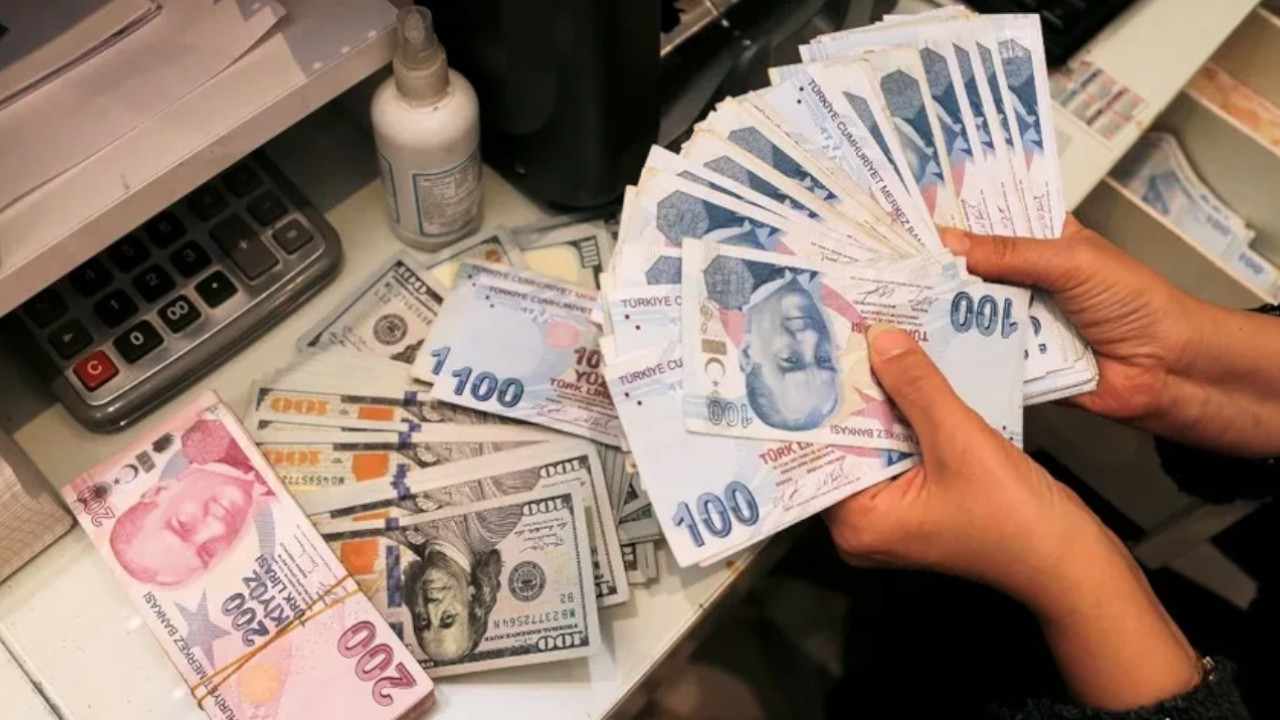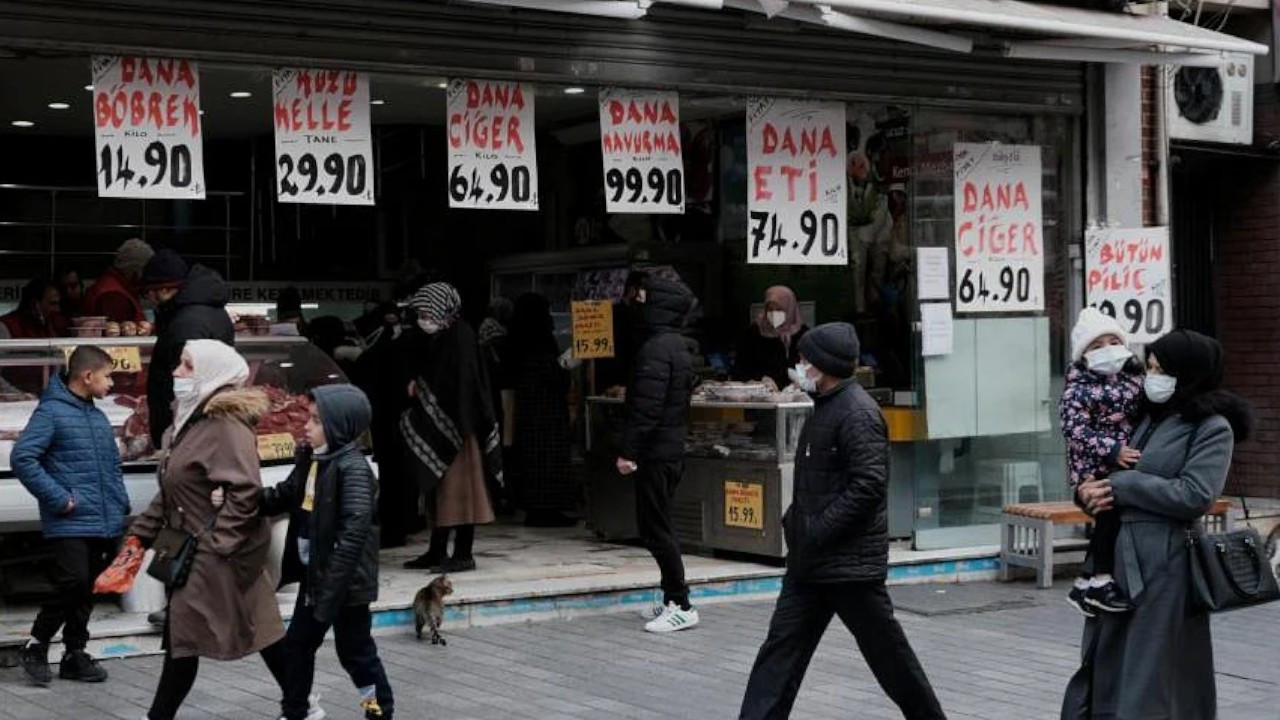Turkey's official inflation rate hits 24-year high of 78.6 percent
The government-run Turkish Statistical Institute (TÜİK) has reported an annual inflation rate of 78.62 percent in June, the highest since 1998, whereas the independent inflation group ENAG put the figure at 175.55 percent. TÜİK's rate raised eyebrows, with main opposition CHP leader Kemal Kılıçdaroğlu calling on the organization "to stop committing crime for Erdoğan."
Duvar English
Turkey's annual inflation jumped to a two-decade high of 78.62% in June, according to official data released on July 4. This makes it the highest reading since September 1998, when annual inflation was 80.4% and Turkey was battling to end a decade of chronically high inflation.
Month-on-month, consumer prices rose 4.95%, the Turkish Statistical Institute (TÜİK) said.
According to unofficial data from the ENAG Inflation Research Group, an independent institution set up in 2020 to track the country’s inflation, Turkey’s annual consumer price inflation rate was 175.55% in June, far higher than official claims. ENAG also said that prices in Turkey increased by 8.31% percent month-on-month in June.
ENAGrup Tüketici Fiyat Fiyat Endeksi (E-TÜFE) Haziran ayında %8.31 arttı.
— ENAG (@ENAGRUP) July 4, 2022
E-TÜFE’nin son 12 aylık artışı %175.55, son 6 aylık oran ise %71 44 olarak gerçekleşti.
Meanwhile, in the face of this inflation, the government announced that it will increase the salaries of active and retired civil servants by 41 percent. Accordingly, the lowest salary of an active civil salary will reach about 9,000 liras.
Main opposition Republican People's Party (CHP) leader Kemal Kılıçdaroğlu questioned the reliability of the TÜİK figures, saying that its data was detached from reality.
"ENAG announced the annual inflation as 176%, while TÜİK 79%. This lie of TÜİK means stealing from the pockets of the retired and civil servants. Stop committing crime for Erdoğan; you will be the ones responsible," Kılıçdaroğlu tweeted, tagging Erdoğan in his tweet.
ENAG yıllık %176 #enflasyon açıkladı, TÜİK %79. Pazar, market ortada. TÜİK’in bu yalanı, emeklinin, memurun cebinden çalmak demektir. @RTErdogan için suç işlemeyi bırakın, sorumlusu siz olacaksınız!
— Kemal Kılıçdaroğlu (@kilicdarogluk) July 4, 2022
Inflation has surged since last autumn, when the lira slumped after the central bank gradually cut its policy rate by 500 basis-points to 14%, in an easing cycle sought by President Recep Tayyip Erdoğan.
It has been further stoked this year by the economic fallout from Russia's invasion of Ukraine, as well as the lira's continued decline. The currency shed 44% against the dollar last year, and was down 24% this year before recovering some losses in recent days.
The government has said inflation will fall with the new economic programme, which prioritises low rates to boost production and exports and aims to achieve a current account surplus.
Erdoğan said last week that he expects inflation to come down to "appropriate" levels by February-March next year, while the central bank said it would drop to 42.8% by end-2022.
Opposition lawmakers and economists have questioned the reliability of the TÜİK's figures. Polls show Turks believe inflation is far higher than official data.

 Turkish Central Bank holds policy rate at 14 percent despite further inflation surgeEconomy
Turkish Central Bank holds policy rate at 14 percent despite further inflation surgeEconomy Turkish gov't policy causing destruction of middle class, warn researchersEconomy
Turkish gov't policy causing destruction of middle class, warn researchersEconomy